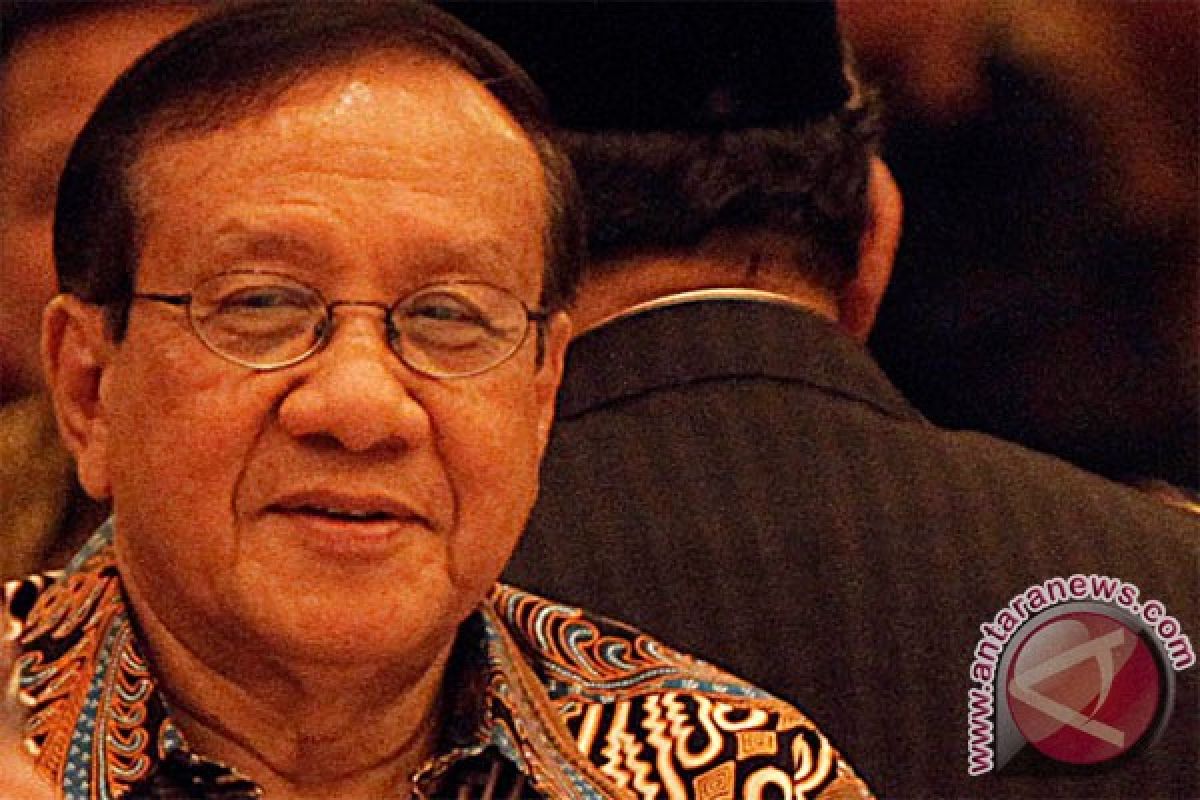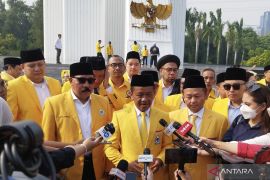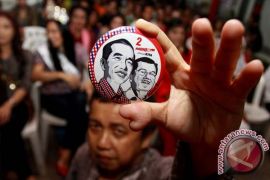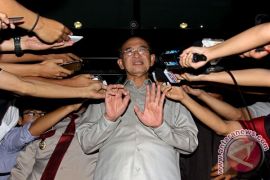"In 2004, we used a convention to choose our candidate and later we used surveys to ascertain the acceptability of candidates for regional leaders. For the 2014 presidential election we may use one of these methods or a combination of them," Akbar said at a dialog on youths` contributions to solving national problems here on Wednesday.
Although the present Golkar Party chairman, Aburizal Bakrie, had been mentioned by certain groups in the party as being the party`s sole candidate, no final decision has so far been taken on the matter, he said.
"Indeed the candidate that has often been mentioned is Pak (Mr) Ical (Aburizal Bakrie, the chairman of Golkar) but that is not yet final. He indeed has a lot of experience in the business world, the government and political fields and therefore meets the formal requirements but his electability still has yet to be checked certainly through a selection process to be determined by the party," he said.
Akbar said he was optimistic Golkar would win the most votes in the general elections in 2014 as was shown by its electability which is ranked the highest at 18 percent according to latest surveys.
"However, Golkar`s election target is 30 percent. Survey results meanhile are also fluctuating meaning we still have to work hard among others by preparing cadres and being consistent in championing the publi`s interests," he said.
Regarding the role of youths, Akbar said they need to get involved in politics if they wished to become leaders in the country.
"District heads, governors to president are all elected by way of political parties although elections are done directly. This means youths must enter politics if they wish to become leaders," he said.
Incumbent President Susilo Bambang Yudhoyono cannot be re-elected in 2014 by law because he has been in office for two terms.
Golkar`s deputy chairman Agung Laksono said on Tuesday it was almost certain that Ical would be Golkar`s candidate for the president election in 2014.
(T.SDP-03/H-YH/HAJM/A014)
Editor: Priyambodo RH
Copyright © ANTARA 2011




